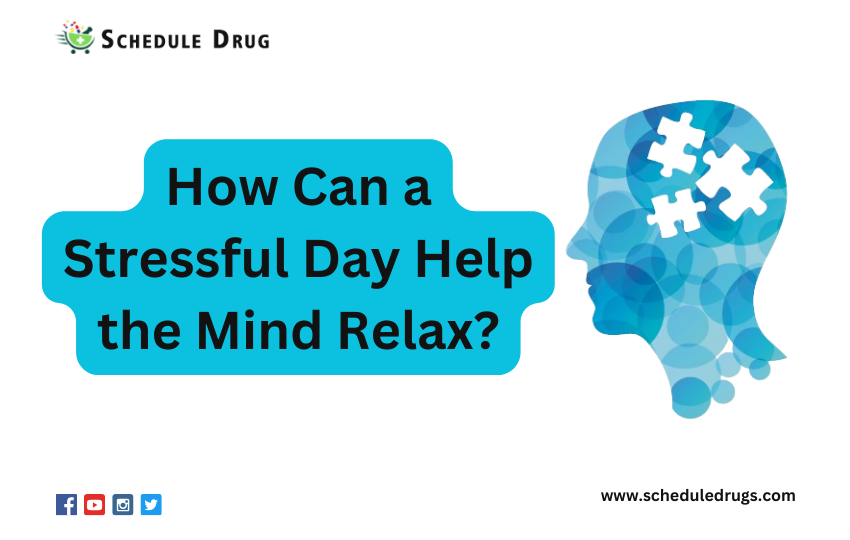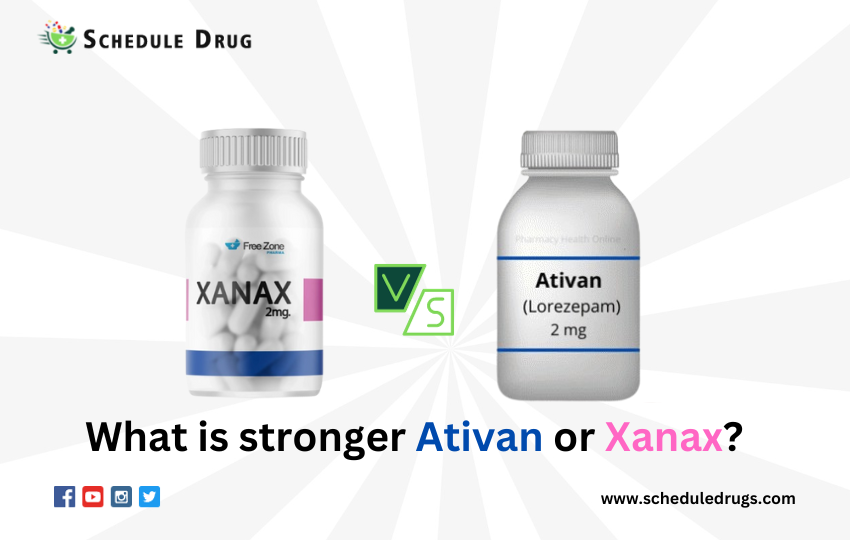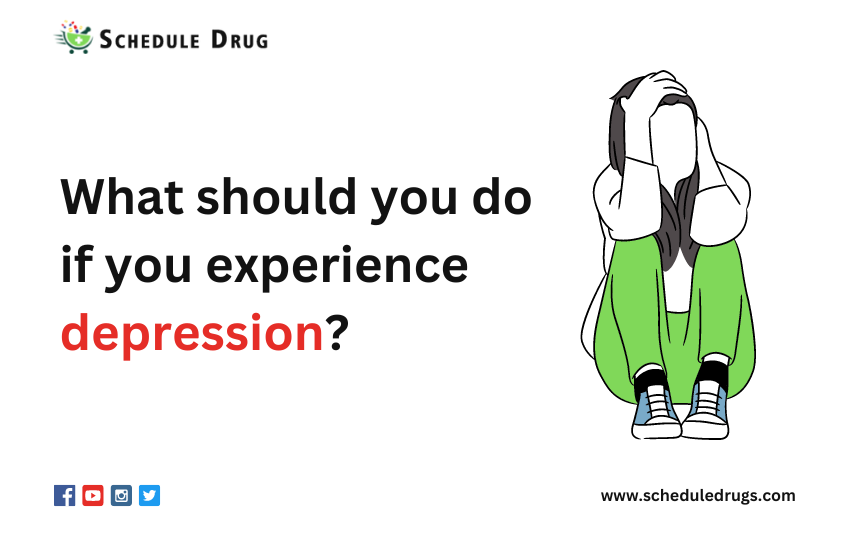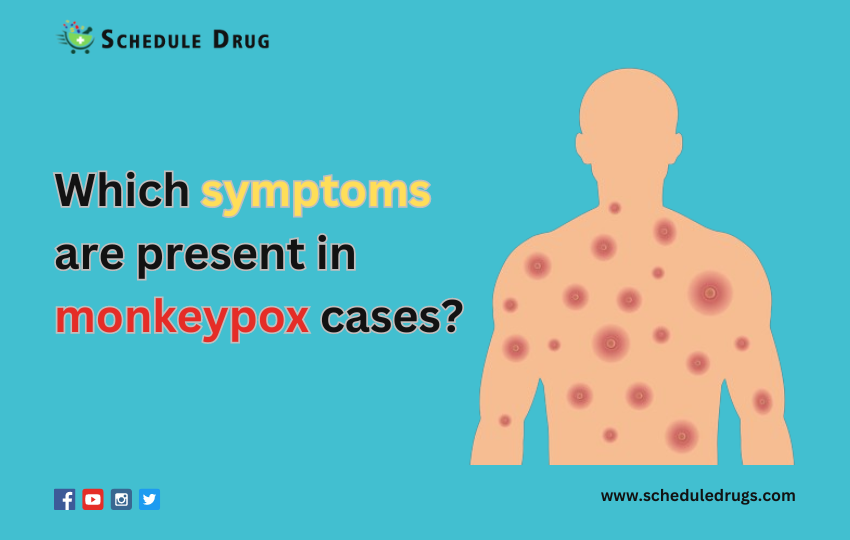How To Relax the Mind After a Stressful Day?
Life throws chaos at us regularly, whether it is our finances, health, or relationships. About 50 percent of people are burned out in industries like banking, health care, and non-profits in the working world. People spend about $300 billion per day on work-related stress or anxiety.
And in response, we only keep on pushing through adrenaline and surviving. We overschedule ourselves; we respond to one more email or drink coffee. If you stay excited all the time, you eventually can get things done. But all these burn us out, lead to exhaustion, and drain our productivity.
Cultivating a restful, relaxed mind does not mean that you are all drowned under the responsibilities. Instead, some research suggests that it brings more significant attention, creativity, and energy to tackle the situation. Science also points to simple ways to tap into that calm state of mind to be more resilient in our stressful lives.
Calm Mind Vs. Stressed Mind
Stress was not meant to be an everyday experience. Some experts say you are only supposed to feel stressed in the five minutes right before you die. When being chased in a savanna by a wild animal, your stress response is to save your life. It mobilizes your muscle, immune system, and attention to get you quickly. When the animal escape, it comes right out of fight-or-flight mode and into the rest-and-digest way, where the nervous system is working to replenish its resources.
That response to the stress is supposed to be short-lived because it wears down your health, energy, or body. It also impacts our decision-making and mental health. When you are tightly wound up, you are more likely to react to situations than with reason. You also look at the world differently. Stress makes our focus narrow and prevents us from seeing the bigger picture.
Your attention becomes broader when you are calmer; you see more things. In a survey, participants went through a three-month medication training. They engaged in something called attentional blink task, in which you watch images appear rapidly one after another. When participants do this exercise, their attention does not pick up all the target images. But after mindful training, they could pick up more of the target images than pre-retreat, suggesting that their state of mind became more attentive.
Being able to notice more things about other people and you can communicate with them in more powerful ways. When you are stressed, you are less likely to see if your colleague looks sad or burned out and more likely to get irritated if they do not perform as expected. However, when you are in a happier or calmer place, that is probably the day when you have more empathy.
When you are calm, you also manage your energy because you are not burning yourself constantly and spending your time days with your nervous system in overdrive. A quiet mind helps focus on what you need to do and get it done more quickly.
A calm mind also impacts your creativity. Some research suggests that your most creative idea comes in a moment when you are not stressed or actively focused. You are most creative when your mind is in alpha wave mode, which means in a relaxed manner, such as when you are taking a walk-in nature. When people spend their few days in heart, they return with 50 percent increased creativity.
How Can I Calm My Mind?
Most people are good at activating their adrenal system and getting stressed. But, here, the question arises of how you can reduce or cope with stress. Research suggests various practices that feel relaxed and put us into a calmer state where we can cope better with the chaos of life.
Breathing Exercise
Breathing is a powerful way to regulate your emotions, and it is something that most of us take for granted. When you do breathe exercises, your parasympathetic nervous system is activated. It is a calming response in your body. That is why experts recommend breathing exercises to reduce stress. About 50 percent of people who don’t see any improvement in their traumatic situation from the therapy or medication, breathing helped them relax.
When you breathe, you can change how you feel. Researchers observed that people with different emotions have a different pattern of living for each one. Then, they gave people different breathing patterns to perform and asked them how they felt. It turned out that doing breathing exercises gave rise to emotions.
One of the most claiming breathing exercises is breathing in, holding, and breathing out for twice as long. You can gently constrict your throat, making an ocean sound used in deep relaxation exercises. It activates your nervous system reduces blood pressure and heart rate to relax your mind.
Mindfulness Meditation
Mindfulness is an ancient form of meditation that promotes activeness of what is happening at the moment. It encourages you to focus on your thoughts, what is going around you, and your body.
Another form of meditation known as mantra meditation is the opposite of mindfulness; In this, you place all your focus on a single target such as candle flame, phrase, or mantra. In both types of meditation, whenever your mind wanders, it will simply re-focus.
It is a practical brain skill in which you won’t be able to do very well the first two weeks. Your mind will constantly distract and chatter, which is expected at the initial stage. But when you practice more, you get to focus well without any distraction.
Exercise
Many people swear to exercise to reduce stress in their daily lives. Whether it is running, hiking, biking, walking, or any other movement that can boost your endorphins. Endorphins are the chemical in the brain that makes you feel good.
When your body creates more endorphins, you find it easier to forget your worries and find a lasting sense of well-being and good mental health.
Conclusion
When you follow these relaxation techniques, it helps to reduce the stress and risk of chronic illnesses such as heart problems. If your anxiety worsens and starts impacting your daily life, consult your doctor immediately.



